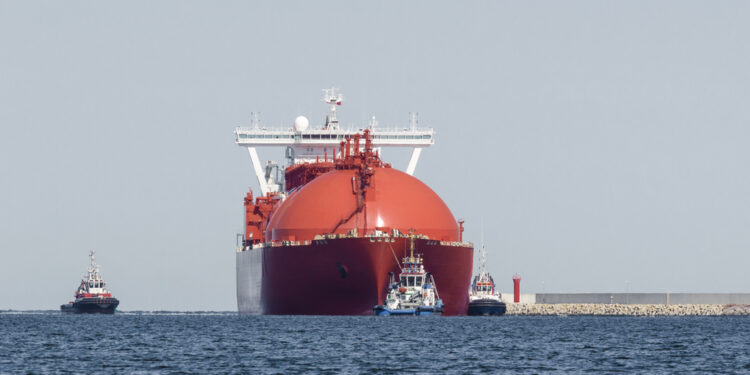On 26 September, the UK imposed sanctions on five ships and two companies involved in transporting Russian liquefied natural gas (LNG), including from Russia’s major Arctic LNG 2 project.
As informed, LNG is a significant source of income for Russia, helping fund its ongoing war in Ukraine. Russia aims to grow its share of the global LNG market from 8% to 20%, making LNG a critical part of its economic plans. Earlier this year, the UK, along with the US and EU, had already sanctioned the Arctic LNG 2 project, which forced a reduction in its production. The new sanctions build on this by targeting ships and companies that play a role in Russia’s LNG sector.
What is the dark/shadow fleet?
The “dark fleet” or “shadow fleet” comprises primarily older tankers, many of which have not undergone recent inspections and lack proper maintenance. Ownership of these vessels is often unclear, and they frequently operate without adequate insurance coverage, seeking to evade sanctions and mitigate high insurance costs. This increases the risk of oil spill or collision. This could also result in a participating shipowner evading its liability under the relevant liability and compensation treaties.
The past months, Russia has also been creating an LNG “dark fleet,” with the ownership of at least eight vessels having shifted to obscure companies in Dubai, including four ice-class carriers approved to navigate Russia’s Arctic waters.
According to the UK Government, these projects are crucial for Russia’s future energy production and financial stability. With these latest measures, the UK has now sanctioned 15 vessels and entities tied to Russia’s LNG industry, as part of efforts to cut off funding for the war in Ukraine and weaken Russia’s long-term energy capabilities.
































































